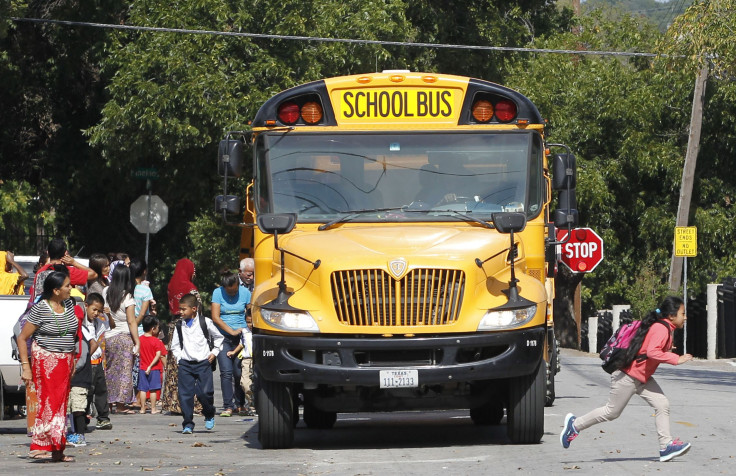Republican No Child Left Behind Plan Could Cost Urban School Districts Millions In Federal Funding: Report

A proposed Republican overhaul of No Child Left Behind could take millions in federal funding away from needy schools, according to an analysis released Wednesday by the Center for American Progress, an independent nonpartisan group based in Washington, D.C. The plan from Sen. Lamar Alexander, R-Tenn., would allow states to give school districts the same amount of per-student federal money based on their total number of low-income kids. Schools currently base Title I, Part A allocations on the number and concentration of poor students in an area under the Elementary and Secondary Education Act, also known as No Child Left Behind.
"The Republican proposal to fix NCLB would give states the option — not mandate — to take federal dollars and let those dollars follow children to the schools they attend," Alexander, chairman of the Senate's Health, Education, Labor and Pensions committee, told NPR last year. "We want to expand choice, but my view is that the federal government shouldn't mandate it."
The new policy, called portability, could cause districts with large low-income populations to lose an average of $85 per student if their states opt out of the Title I funding procedure. If all 50 states opted out, school districts with poverty rates above 30 percent would lose money. The worst-off school districts could lose more than $675 million, according to the analysis, and students could leave them for more affluent areas. This could cause problems because "simply put, the challenges that low-income students face are significantly greater when the majority of their classmates are also low income," wrote Max Marchitello and Rob Hanna, the authors of the Center for American Progress brief.
School districts and departments in big urban areas would be among the places most affected by portability. New York City, where 30 percent of 1.2 million students live in poverty, would surrender an estimated $312 per poor student for a total loss of $116 million. Los Angeles, where 31 percent of 740,000 students come from poor families, could give up $75 million. Chicago, where a third of 420,000 kids are low-income, would lose $64 million, according to the report.
At the same time, wealthier districts could see increased resources, Hanna said in the brief. They could gain an average of $290 more per student. Maryland's Montgomery County Public Schools, where 9 percent of 173,000 students live in poverty, could get an additional $3.4 million. The Palm Beach County school district in Florida, where a fifth of the 200,000 students are poor, could have $808,000 more.
Alexander, who spent two years as the national education secretary under former President George H. W. Bush, is pushing to have revamped versions of the Elementary and Secondary Education Act on the floors of the Senate and House by the end of this month.
© Copyright IBTimes 2024. All rights reserved.





















